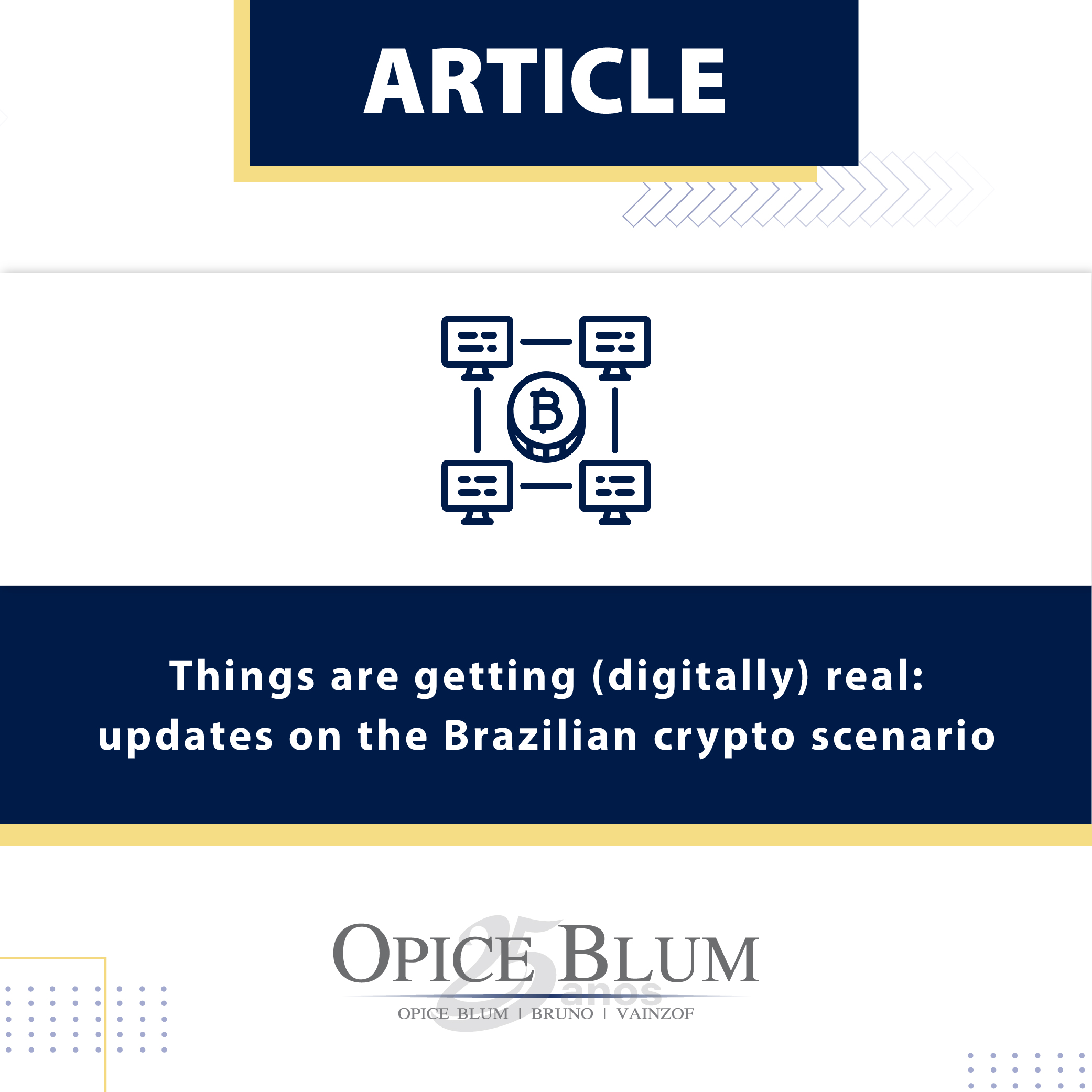The Creation of the “Real Digital”
The term “CBDC” has taken the spotlight in the cryptocurrency world. The acronym stands for central bank digital currencies, whose creation has become the ambition of several international governments. So far, China, Tunisia, Venezuela, the Bahamas, and Nigeria are some of the countries that have already adopted or are in the final stages of developing their national digital currencies. According to Kristalina Georgieva, Managing Director of the International Monetary Fund (IMF), about 110 countries in the world are already developing their own CBDCs. The expectation is that the digitalization of currencies will bring more efficiency to the economy by removing excessive bureaucracy and making it easier for central banks to control any illegalities.
In Brazil, the topic has been on the agenda since 2017 and on the following year the project “Currency in the Digital Era” was launched, integrating a Central Bank study on digital currency. In 2019, during the Official Monetary and Financial Institutions Forum (OMFIF), Brazil recognized the inevitability of creating a digital coin, further encouraging the exploration and development of the topic on national scale. Currently, Brazil is officially developing its own CBDC, the “digital real”.
The cryptocurrency should have its first prototypes issued on the first half of 2023, according to information from the National Federation of Central Bank Servers Associations (Fenasbac). However, the pilot projects´ testing phase is scheduled to end by the first half of 2024. According to the Central Bank’s response to Exame magazine, “the Digital Real initiative is in an initial testing phase”, aiming to intensify the digitalization of the economy and provide an efficient prevention of financial crimes.
Brazilian Securities and Exchange Comission´s (CVM) Normative Opinion on Crypto
On October 11, 2022, the Brazilian Securities and Exchange Commission (CVM) released Guidance Opinion 40, which deals with cryptoactive assets, the application of norms in this sphere, and the regulator’s possible actions. The document has an educational essence, aiming at legal security and predictability in the crypto economy. According to the autarchy, “the initial focus (…) is to enhance transparency in relation to cryptoactive products and value the disclosure regime”.
The regulation defines crypto-assets as “digitally represented assets, protected by cryptography, which can be object of transactions executed and stored by means of Distributed Ledger Technologies (DLTs)”. In addition, it should be noted that crypto-assets (or the ownership of them) are represented by tokens, the “intangible digital securities”. Given the significant regulatory challenges of this type of technology, the opinion concluded that tokenization itself is not subject to prior registration with the CVM, however, issuers and the public offering of tokens are subject to regulation.
One can also notice that the opinion indicates that although cryptoactive securities are not listed in the securities of Article 2 of Law 6.385/1976, it is up to market agents to analyze the elements and characteristics of each cryptoactive in order to determine whether it fits the definition of movable value. To do so, the following points must be assessed whether the crypto-asset is a digital representation of any of the movable values that are exhaustively listed on article 2, I to VIII, of Law 6.835 or on Law 14.430; or whether it is compatible with the open concept of security described on article 2, IX, of Law 6.385 (considering that it is a collective investment contract). In addition, the CVM´s Guidance Opinion 40 ensured the functional approach for the framing of cryptoactive securities, indicating the legal treatment to be adopted. The taxonomy will contain the following categories: payment token, utility token and asset referenced token.
Bill introduced by Soraya Thronike on Cryptocurrencies
Bill No. 2681/2022, authored by Senator Soraya Thronicke (Union-MS), seeks to regulate the issuance, intermediation, custody, and settlement of cryptocurrencies in Brazil. Currently in discussion on the brazilian Senate, the proposal also includes recommendations made by the BIS (Bank of International Settlements) and contemplates another project on the same subject that awaits analysis by the House of Representatives, Bill 4.401/2021, known as the “Legal Framework of Cryptocurrencies”, seeking to act in a complementary manner to such bill.
In its six articles, Senator Soraya’s proposal requires companies to segregate the activities of issuance, intermediation, and custody of digital assets when performed by a single service provider (art. 1), seeking to avoid confusion between the consumer’s property or right and the property or right of the provider of these services. There will also be the need for all companies operating in Brazil to have a CNPJ (taxpayer registration number) , even if their headquarters are abroad (art. 3).
The project arose from a growing pressure, mainly from the Central Bank, for the regulation of crypto-activities, which will move around R$ 215 billion in 2021. The concern with the illicit use of digital assets and the exponential growth of this market has raised the need for regulatory guidelines. It is in this sense that the text of the project concludes that “there is no legal or even business justification for companies in the cryptoactive segment to continue operating outside the law”.
Pressure for Approval of Bill 4.401/2021 – Cyptocurrency Regulation
On Wednesday, November 9, 2022, six financial market entities sent a letter addressed to Arthur Lira, president of the Brazilian House of Representatives, aimed at calling for the Legal Framework of Cryptocurrencies’ (PL 4.401/2021) rapid approval. The bill was sanctioned by the plenary of the Federal Senate on April 2022 and now awaits the House of Representative´s deliberaration. The document holds the signatures of the Brazilian Federation of Banks (Febraban), Brazilian Internet Association (Abranet), Brazilian Association of Cryptoeconomics (ABCripto), Brazilian Association of Fintechs (ABFintechs), Brazilian Association of Information Technology and Communication Companies (Brasscom) and Zetta (non-profit association founded by Nubank and Mercado Pago).
The Bill is considered innovative and of paramount importance to the regulation of the crypto market. It is also considered a catalyst for “important advances such as money laundering prevention principles and the fight against financial fraud”, as detailed in an excerpt of the letter. The expectation is that the approval of the Legal Framework will initiate discussions on the topic and bring more maturity to the Brazilian cryptocurrency market, ensuring greater legal certainty and predictability.






